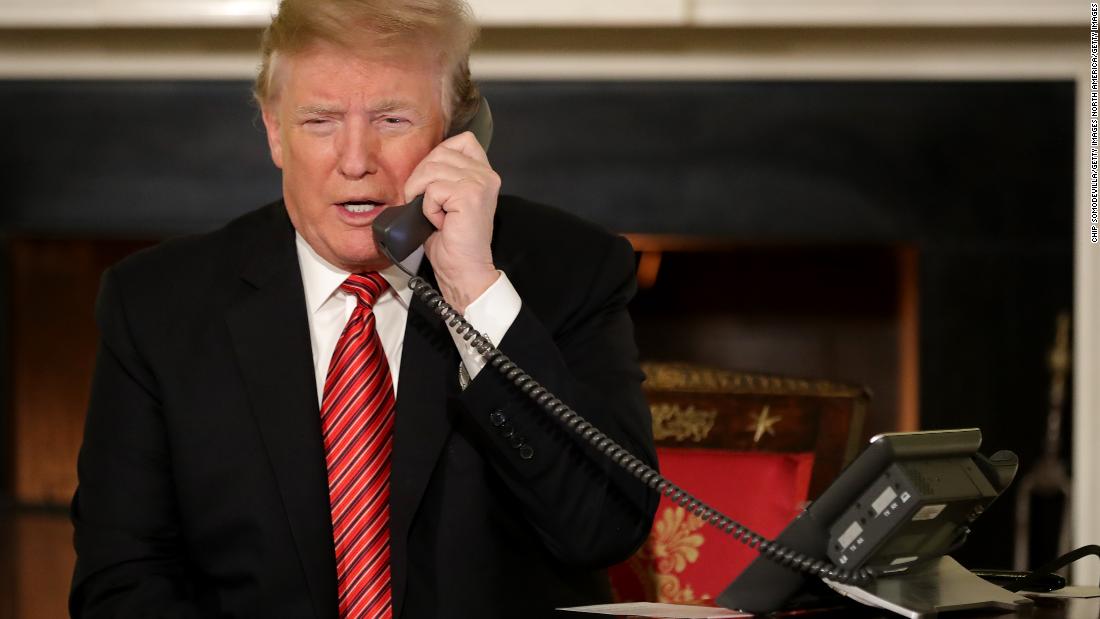Once again, the Congress party has scored a spectacular self-goal—this time by mocking Prime Minister Narendra Modi’s visit to Canada for the G7 summit. In its desperation to criticise the man it loves to hate, the so-called principal opposition has ended up exposing not only its ignorance of international diplomacy but also its increasing irrelevance in India’s evolving foreign policy narrative.
Let’s begin with the basics—India is not a G7 member. It never has been. It doesn’t need to be. The G7 is a grouping of seven industrialised nations—an elite club of Western powers. India, as an emerging global force, is invited as a special guest, as it has been consistently over the past few years under Modi’s leadership. For Congress to call this invitation “belated” or “humiliating” is not just misleading—it’s juvenile and diplomatically illiterate.
Worse, the Congress party and its motormouth spokespersons like Jairam Ramesh ridiculed Modi for clubbing a few other diplomatic engagements on his way to Canada. Their language? They called it a “picnic.” This, from a party that governed India for over five decades, including through turbulent geopolitical periods, now chooses to trivialise high-stakes diplomacy. It speaks volumes about their intellectual bankruptcy and political immaturity.

In their obsession with Modi, Congress fails to see the bigger picture. The visit was not just symbolic—it was substantive. Modi’s meeting with new Canadian Prime Minister Mark Carney marked a much-needed thaw in Indo-Canadian relations, which had been in deep freeze under the Khalistani-sympathetic regime of Justin Trudeau.
That bilateral talks resulted in an agreement to reinstate High Commissioners is no small feat. Diplomatic missions are the heartbeat of foreign engagement. Reopening embassies signals a desire to move past deadlock and seek common ground—particularly in tackling the menace of Khalistani extremism that has long found shelter in Canada.
Congress also took cheap shots at Modi, receiving Cyprus’s highest civilian honour, scoffing at the country’s small size. Really? Do they not understand that diplomacy is not dictated by population metrics? A sovereign nation honours India’s leader, and instead of welcoming it, Congress sulks like a sore loser. Such pettiness is not opposition; it’s sabotage.
And let’s address the elephant in the room—Prime Minister Modi did not have a bilateral meeting with U.S. President Donald Trump at the G7 summit. Why? Because Trump had to rush back to Washington amid the escalating Iran-Israel conflict. Yet, latest reports suggest that Modi did speak to Trump over the phone—and made it explicitly clear that India’s decision to call a truce with Pakistan came at the request of Pakistan’s Director General of Military Operations (DGMO). Not Trump. This was Modi’s subtle but sharp message: stop taking credit where it’s not due.

By doing so, Modi not only called Trump’s bluff but also exposed the hollowness of the Congress and its allies’ narrative that he had “surrendered to Trump.” Even the Indian Ministry of External Affairs confirmed that Modi spoke to Trump just before the latter’s scheduled meeting with Pakistan’s Army Chief General Asim Munir. Modi reportedly even extended an invitation to Trump for a visit during that brief exchange.
That apart, an unrelenting Modi didn’t stop at just making his point in that five-minute phone call—possibly during a dinner break—but went on to engage meaningfully with other world leaders, including host Mark Carney. In international diplomacy, especially at multilateral summits, bilateral meetings depend on scheduling priorities and real-time geopolitical developments. Only a party blinded by hate would reduce such nuanced diplomacy to a headline about a missed photo-op.
India’s foreign policy today operates from a position of strength. Whether it is in the Indo-Pacific, the Middle East, or the G7 circuit, Modi’s India is no longer seen as a fence-sitter. Under Congress, India’s foreign policy often resembled a moral sermon on non-alignment. Under Modi, it is a calibrated assertion of sovereignty, economic strength, and security interests.
Take, for example, India’s recent military response to the Pakistan-sponsored Pahalgam terror attack. The precision strikes under Operation Sindoor were unmatched in scale and message. Nine terror camps and multiple Pakistani military installations were destroyed without a single civilian casualty. The result? A rattled Pakistan came pleading through its Director General of Military Operations for a ceasefire. Modi agreed—but not before declaring that the operation was only paused, not called off, and would resume with devastating force if provoked again.
This is not the India Congress presided over with its confused morality and Nehruvian guilt complexes. This is a new India—assertive, agile, and unapologetic.
Modi’s visit to Canada, in that context, is more than a photo-op. It is the re-establishment of India’s voice in a fractured West. It is a recognition that India is too big to ignore, too powerful to antagonize, and too necessary to sideline.
It is time Congress realises that Modi’s global stature is not a personal vanity project—it is India’s strategic leverage. Every time they mock or belittle such initiatives, they aren’t hurting Modi. They are insulting the office of the Prime Minister and undermining India’s credibility on the world stage.

Instead of petty jibes and diplomatic tantrums, Congress should reflect on why it is unable to present a coherent alternative to Modi’s governance. The bitterness, the mockery, and the international embarrassment they cause only reinforce their growing irrelevance.
Modi’s Canada visit was a diplomatic win. For India. For stability. And for the prospect of thawing ties with an important partner. That Congress saw this as an opportunity to indulge in cheap theatrics is not just unfortunate—it is unpatriotic.
The world is moving. India is rising. And Congress is still stuck in denial.






